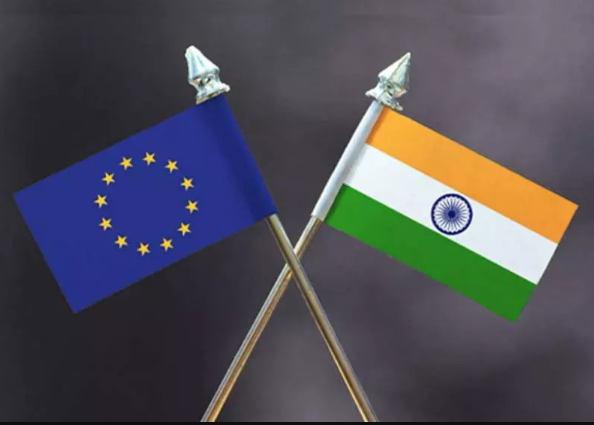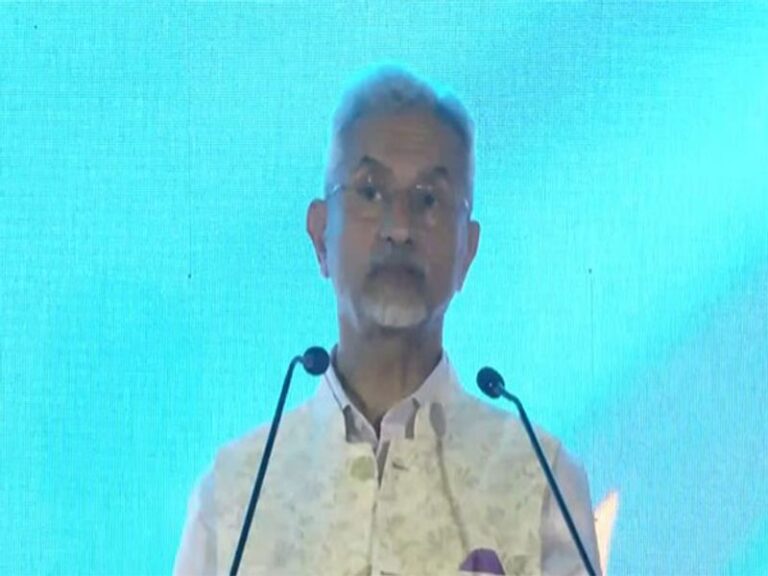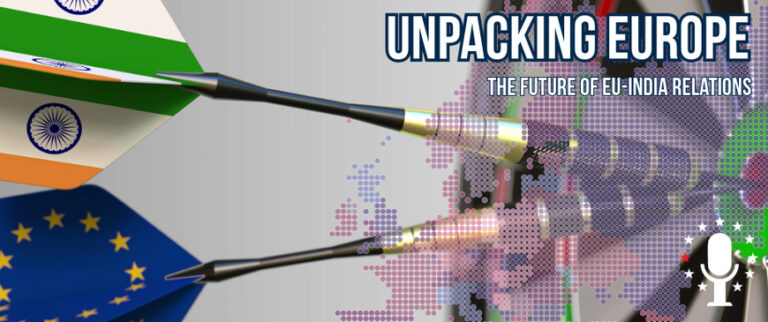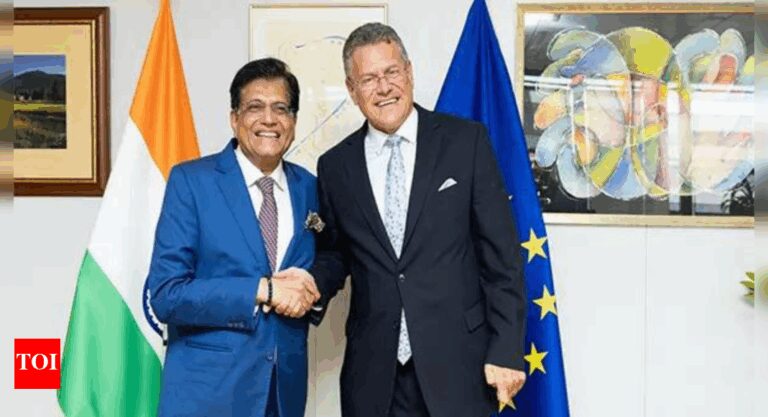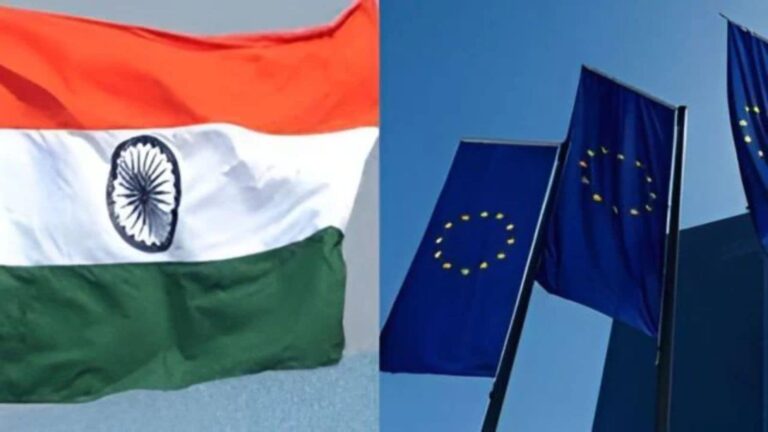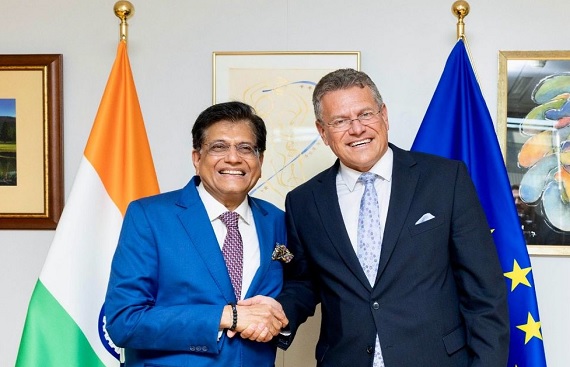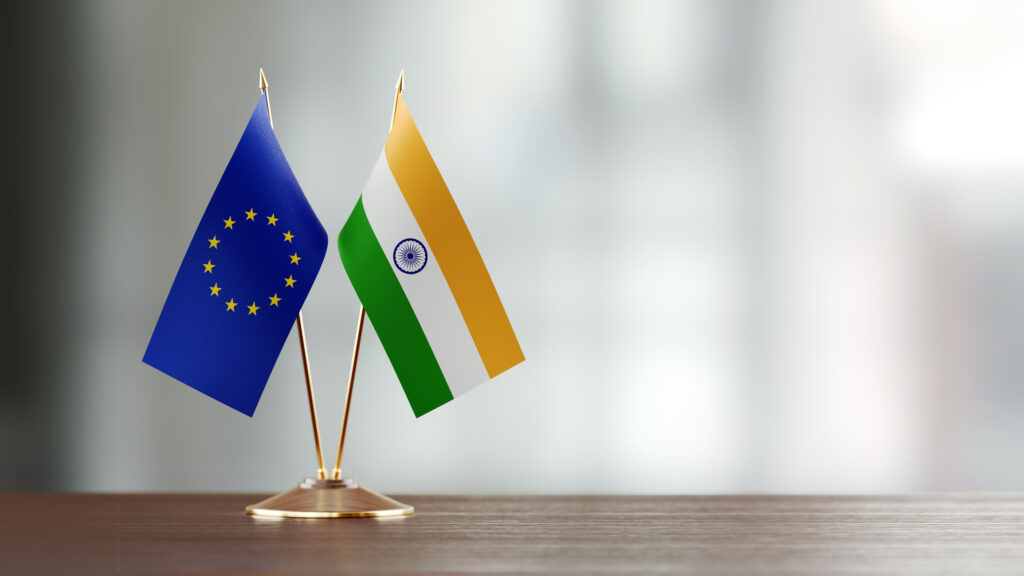
The world, as we see today, is at the dawn of a new era, when the world rebalancing process has reached a critical point. Although global crises have highlighted over-dependencies and vulnerabilities, increased uncertainties have shaken us to recalibrate our thinking to the world order. This global landscape provides a great justification for India and the European Union to engage more deeply. The recent visit to the College of Commissioners in India in February 2025 – the very first company by the Commission to a non -European bilateral partner, captured with conformity the consequence of the Indian – EU partnership, as well as its reimagination and its realignment.
Global geopolitics, in particular the challenges of the Indo-Pacific region, draws attention worldwide. The region, surrounded by at least thirty-seven countries, holds not only more than sixty percent of the world’s population, but is also crucial for world trade, the economy and security which contribute to more than sixty percent of world GDP and with forty-five percent of the world trade that crosses it. It is therefore natural to find the Indo-Pacific Region as an area not only a deep interest, but also intense coordination and cooperation.
Prime Minister Modi had described the broader approach from India to Indo-Pacific in his discourse to Shangri La in Singapore dialogue in 2018. India envisages a free, open, open, peaceful and prosperous Indo-Pacific which is built on an order based on rules and based on the principles of international law, including the law of the sea (UNCLOS). Such an Indo-Pacific has sustainable infrastructure, transparent investments, freedom of navigation and secure supply chains as characteristics. The vision of Indo-Pacific India includes all nations, including, but without limiting itself, its immediate geography. This is encapsulated by the acronym “sagar” which means “safety and growth for all” and the means of the ocean in Hindi.
Today, the Indo-Pacific appears in good place in the strategy of foreign and defense of India. It is also an important term in the lexicon of its various partnerships – bilateral and multilateral. In 2019, Prime Minister Modi announced the Indo-Pacific Oceans initiative at the 14th Summit in East Asia in Bangkok. India was also at the forefront of cooperation to ensure maritime security. In particular, it is for the first time that the United Nations Security Council discussed maritime security in depth during the presidency of India in 2021. It also actively committed to cooperation with the Marines of other coastal states, as well as powers with interests in the region. The Indian Ocean Naval Symposium, the information merger center and
Various joint exercises are emblematic of the same thing. India has proven its reliability as the first speaker in many situations needing urgent humanitarian assistance – during disasters or managing hacking, emerging as a “net security supplier”. One of the strongest pillars of India’s policy towards Indo-Pacific is collaboration with partners sharing the same ideas, through forums such as the forum for the cooperation of the India-Pacific Islands, the Indo-Pacific Economic Frame (IPEF), mini-laterals such as quad or even at a bilateral level as with France, Germany, Spain and Greekcece.
Like India, many states have published their national strategies or directives concerning Indo-Pacific, notably France, Germany and Italy. The EU also published its Indo-Pacific Strategy in 2021, emphasizing seven priority areas of sustainable and inclusive prosperity, green transition, ocean governance, digital governance and partnerships, connectivity, security and defense and human security, which echo the political objectives of India. India hosts the EU’s decision to engage more in the Indo-Pacific region, including with partners such as Anase; With Japan, Republic of Korea through security and defense partnerships; and connectivity projects such as the global gateway. This has even greater meaning, when the fundamental approaches of India and the EU towards Indo-Pacific are consistent. India and the EU seek to keep the oceans peaceful, open and secure, and at the same time, help to keep its resources and keep it clean.
During the twenty years of the strategic partnership, India and the EU have gone a long way. We have already shown our commitment to the region through our maritime dialogues. The maritime estate is one of the three avenues of the EU strategic compass where it identifies in close collaboration with India. While sharing a commitment to the security of the region, India and the EU deepen their maritime security partnership. The first joint exercise in the Gulf of Guinea in 2023, the recent visit of Indian officials at the headquarters of the Naval Operation of Atalanta in Rota, the kinetic engagement of Atalanta with the Indian Navy as well as, many joint workshops to promote maritime security are remarkable in this regard. In addition, cooperation on non-traditional security threats, including hacking, trafficking and cyber-line problems is also underway. Thanks to the India-EU connectivity partnership adopted in 2021, India and the EU aim to establish transparent, viable, inclusive and sustainable connectivity in the region through a rules-based approach, which meets local needs. The economic corridor of eastern India recently signed constitutes a testimony not only of our mutual concentration on connectivity, but also aligns with the broad geographic understanding of the region that India and the EU have. Both also recognize the need for sustainable development and healthy marine ecology. In particular, the expansion of cooperation in the region was also reiterated in the declaration of leaders after the visit of the College of Commissioners. While India welcomed the EU junction at the Indo-Pacific Oceans initiative and the Indian Ocean Rim Association as a dialogue partner, the two parties also undertook to explore trilateral cooperation in the region.
Winds and sea waves not only supported economic activities through the Indian Ocean, but also carried cultural rhythms from India, to the east to the Hindu temples of Bali and through the cotton route to the west. In the midst of its emergence as a critical theater for geopolitical competition, the Indian Ocean offers a reminder of its former heritage of a syncretism and openness area and an ecosystem of people, culture and commerce. Symbolizing the two, an ethical framework for resolving conflicts through the spread of Buddhism, as well as concepts of high seas and continental security, in cholas in medieval southern India, the Indo-Pacific region provides relevant lessons.
In 2022, at the Paris Indo-Pacific Forum, the Minister of External Affairs, Dr. S. Jaishankar, had appreciated the huge contribution that Europe can make to global affairs with its “voice considered and mature capacities”. As political democracies, market economies and pluralist societies based on democratic principles, Indo-Pacific is certainly an area of more collaboration for India and the EU.
Archita Goyal is the third secretary of the Political Wing of the Embassy of India.
